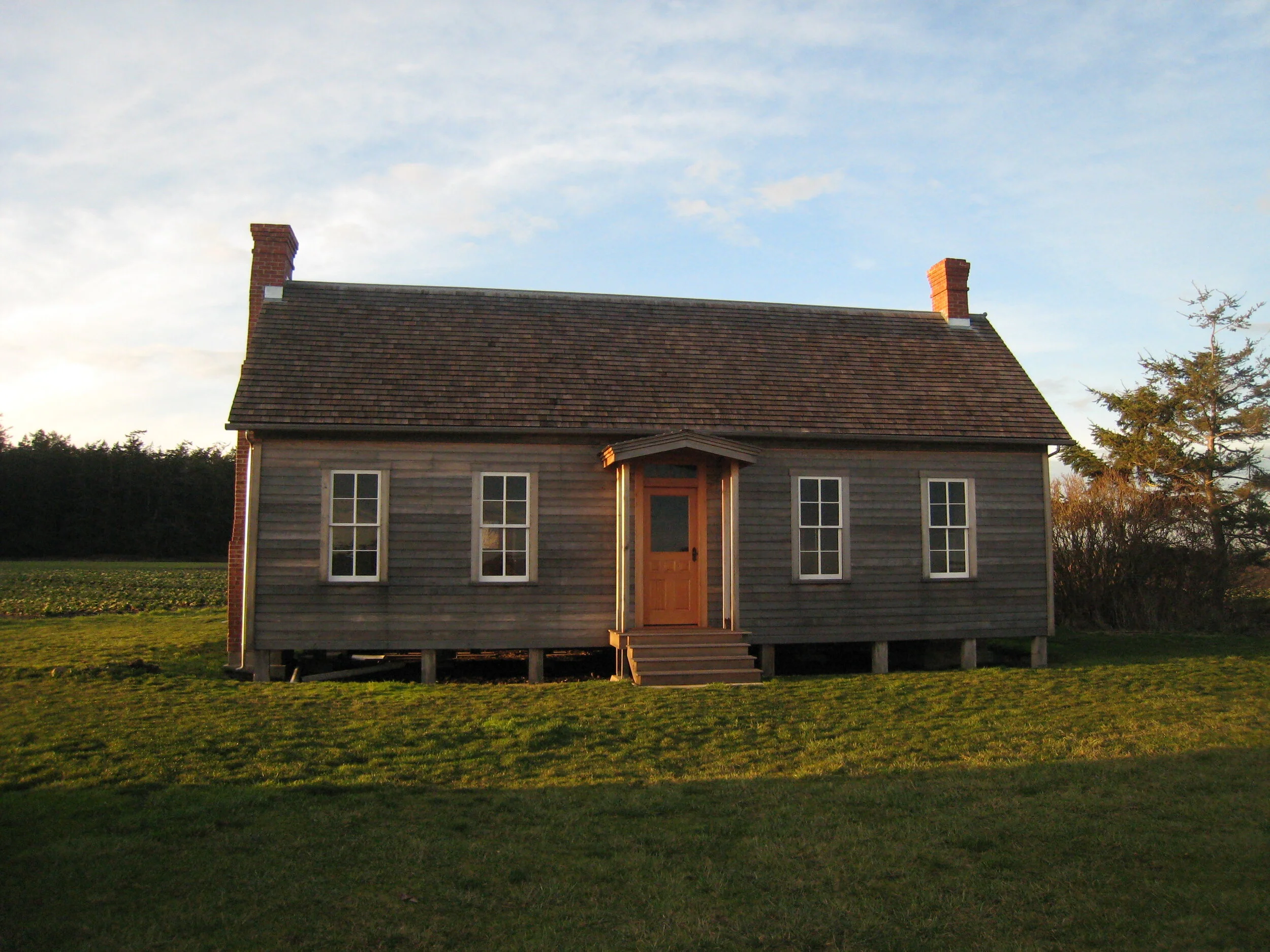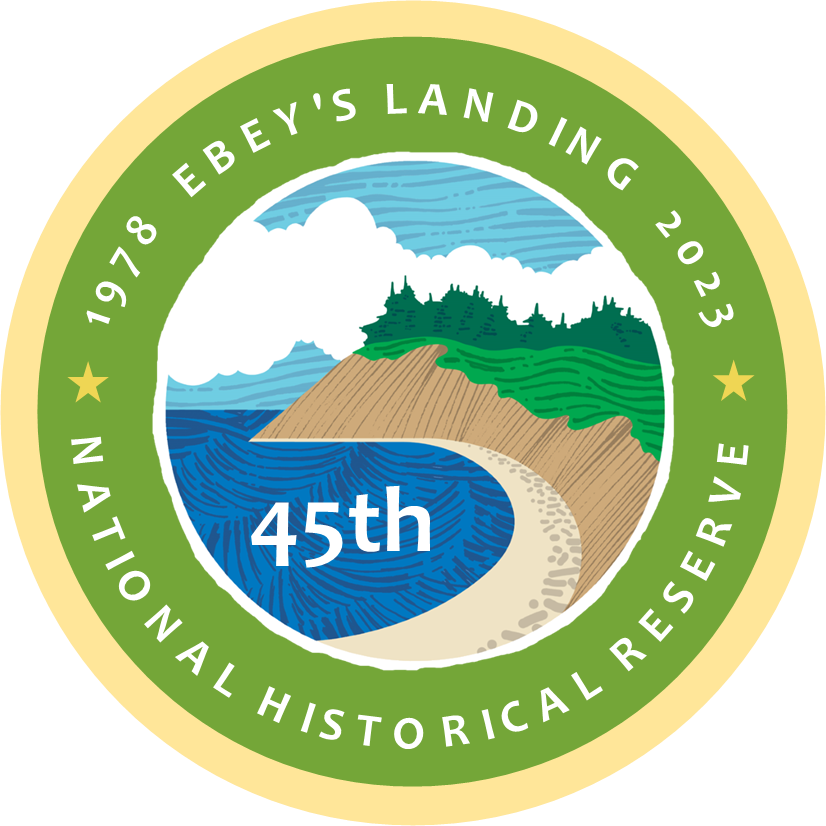
The Ebey Family
Col. Isaac Neff Ebey.
The Ebey Family on Whidbey Island
Colonel Isaac Neff Ebey was among the first of the permanent settlers to the island. Upon the advice of his friend Samuel Crockett, Ebey and Crockett came west from Missouri in search of land. Both men had filed donation claims on central Whidbey by the spring of 1851. Ebey wrote home, enthusiastically urging his family to join him.
Ebey's family soon emigrated to the island. The simple home of Isaac's parents, Jacob and Sarah, and a blockhouse erected to defend their claim against Indians, still stand today overlooking the prairie that bears the family name. As for Isaac, he became a leading figure in public affairs, but his life was cut short in 1857, when he was slain by northern coastal Indians seeking revenge for the killing of one of their own chieftains.
Today some farmers of Central Whidbey still plow donation land claims established by their families in the 1850s. Their stewardship of the rich alluvial soil preserves a historic pattern of land use centuries old.
Fertile farmland was not the only incentive to settlement. Sea captains and merchants from New England were drawn to the protected harbor of Penn Cove and the stands of tall timber valued for shipbuilding. Many brought their families and took up donation claims along the shoreline. One colorful seafaring man was Captain Thomas Coupe, who startled his peers by sailing a full-rigged ship through treacherous Deception Pass on the north end of the island. In 1852, Coupe claimed 320 acres which later became the town of Coupeville on the south shore of the cove.
The early success of central Whidbey's farming and maritime trade transformed Coupeville into a dominant seaport. The past remains apparent in Coupeville today, with its many 19th-century false-fronted commercial buildings on Front Street, its historic wharf and blockhouse, and its rich collection of Victorian residential architecture.



